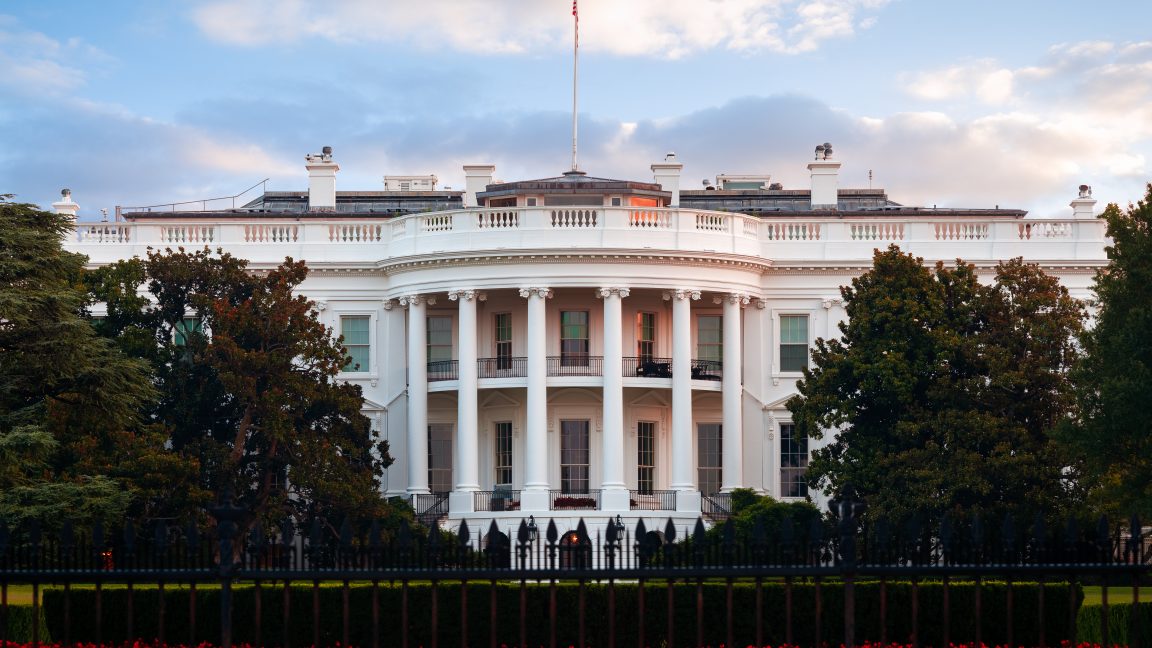In a bold announcement, former President Donald Trump has revealed his long-awaited AI Action Plan, entitled "Winning the AI Race: America's AI Action Plan." With this 28-page document, Trump seeks to
Did You Know
The Eiffel Tower can be 15 cm taller during the summer due to thermal expansion.
?
AD
reinforce the United States' position as a global leader in artificial intelligence. The plan is underscored by three executive orders aimed at accelerating AI development, focusing on enhancing national security, and fostering economic growth. This strategy marks a significant policy shift away from previous regulations, advocating for a deregulatory environment that can bolster innovation and speed.
A key element of Trump's initiative is a concerted effort to compete with China, as both superpowers vie for supremacy in the fast-evolving AI landscape. The action plan articulates a vision for maintaining U.S. dominance in this critical technology sector, reflecting the increasing investments both nations are making to secure advantages in economy and military capabilities. Trump’s emphasis on rapid growth comes amid warnings from critics, including Rep. Ted Lieu, who highlight the potential for "massive implementation issues" arising from the relaxed regulations.
Q&A (Auto-generated by AI)
What are the main goals of Trump's AI plan?
Trump's AI Action Plan aims to establish U.S. dominance in artificial intelligence by promoting innovation and reducing regulatory barriers. The plan emphasizes speed and competitiveness, particularly against China, by focusing on initiatives that streamline the development and deployment of AI technologies. Key objectives include boosting AI exports, enhancing infrastructure for data centers, and fostering collaboration with Silicon Valley tech leaders.
How does this plan compare to Biden's approach?
Trump's AI plan represents a stark shift from Biden's more cautious approach, which emphasized regulation and ethical considerations. While Biden's strategy focused on mitigating risks associated with AI, such as bias and safety, Trump's plan prioritizes deregulation and rapid development. This reflects a broader ideological divide on how to balance innovation with oversight in the technology sector.
What regulations are being removed in the plan?
The AI Action Plan proposes to roll back several regulations established during the Biden administration, which were aimed at ensuring safety and ethical standards in AI development. Specifically, it seeks to eliminate restrictions that could hinder technological advancement, allowing companies more freedom to innovate without the constraints of stringent regulatory frameworks.
How might this impact US-China tech competition?
The plan is designed to strengthen U.S. competitiveness in the global AI landscape, particularly against China, which has been rapidly advancing its AI capabilities. By promoting aggressive deregulation and innovation, the U.S. aims to secure its technological leadership and prevent China from gaining an upper hand in AI research, development, and application, which is critical for economic and military superiority.
What role does Silicon Valley play in this plan?
Silicon Valley is a central player in Trump's AI Action Plan, as it draws heavily on ideas and support from tech leaders in the region. The plan includes initiatives to enhance collaboration with the tech industry, streamline processes for building data centers, and promote American AI technology globally, reflecting the influence of Silicon Valley's innovation-driven culture on national policy.

















